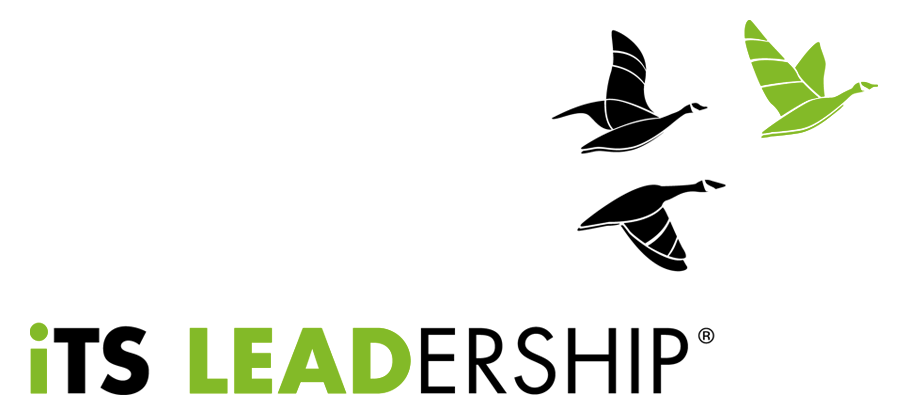The key question is, how do we avoid dis-ease? What must we do to protect ourselves and our teams, and how do we achieve the kind of fulfilment that means we perform better, effortlessly?
- Don’t try too hard
There was a fascinating interview recently on the Today Programme (at 1:25:07 if you’d like to listen to it) with psychology coach Dr Bob Rotella about Rory McIlroy’s golfing performance, where he observed, “It’s very easy to get frustrated and then start trying too hard and caring too much.” His approach is to encourage players to go out on the tournament course and have fun and – importantly – have a quiet mind while they’re doing it.
This absolutely chimes with our thinking. When faced with a challenge, take time to be still and calm your mind. What is your instinct telling you to do? Which is the simplest, most straightforward solution? Which route feels right and comfortable?
It may not be fashionable to talk about work being fun, but it should be! Our intent as an organisation is to help our clients grow Profit and Smiles because we know that happy, fulfilled people perform better.
- Rediscover your purpose
Our working lives are increasingly complex and demanding. The pandemic has added on layers of stress, longer working hours for many and now we’re all under pressure to catch up after 18 months of the suspension of ‘normal’ operations.
But this challenge also brings opportunity and the chance to recalibrate how we work. We have a unique opportunity to ask fundamental questions about how and why we do things rather than slipping back into old, destructive habits.
At times like this, we need to go back to basics and rediscover our purpose. Understanding and agreeing on our ‘why’ is the first step to creating the structure and processes which will enable us and our team to perform better now and in the future.
- Listen more
The dictionary defines disease as “a disordered or incorrectly functioning organ, part, structure or system.” In the human body disease can be evident from external symptoms and confirmed with diagnostic tests, but how do we identify dis-ease in an organisation or a team? It may be easy to see that a department isn’t functioning properly, but we need to find the cause of the problem and prescribe a cure.
As leaders it often falls to us to spot the signs. Just as a good doctor uses bedside manner to engage the patient and build trust, the very best diagnostic tool for a leader is listening; all the answers we need can be found by listening to our team. Listening without judgement, even without thinking, is a leadership superpower but requires constant effort (for more tips on developing your listening skills, read our recent blog).
The dangers of chronic dis-ease
As a species, we are designed to react to stress in one of three ways: fight, flight or freeze. These fundamental responses kick in naturally in moments of crisis or danger as a defence mechanism to maximise our chances of survival.
This means we are able to deal with acute, short-term incidents of dis-ease (there will always be bumps in the road on any journey), but we are absolutely not designed to live in this heightened state of threat in the long term. Such chronic dis-ease in any organisation will not only significantly impact commercial performance, but ultimately could cause actual physical and mental harm to you and your employees.
If you need help with rooting out dis-ease and growing Profit and Smiles in your business, please get in touch. We’d love to help you to be happier and perform better.
Let’s start something new!
Get in touch with us today and take the first steps to transforming your business.

Recent Comments